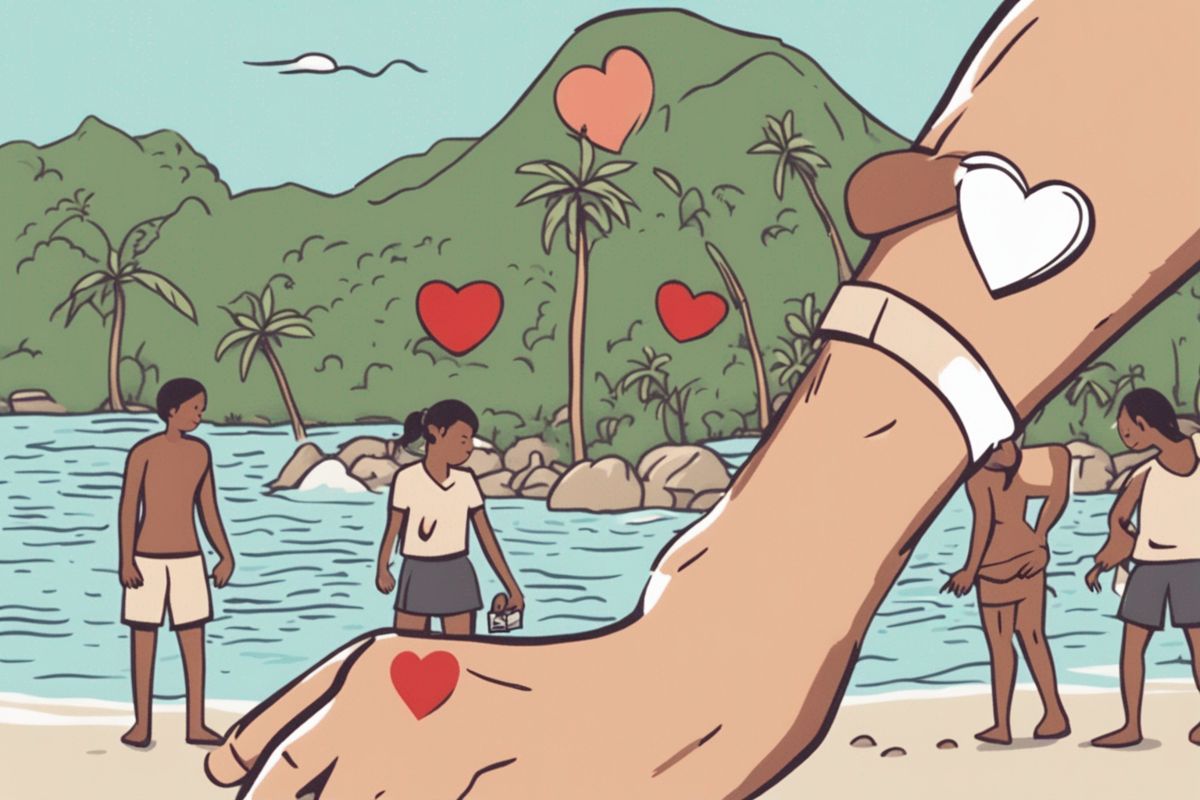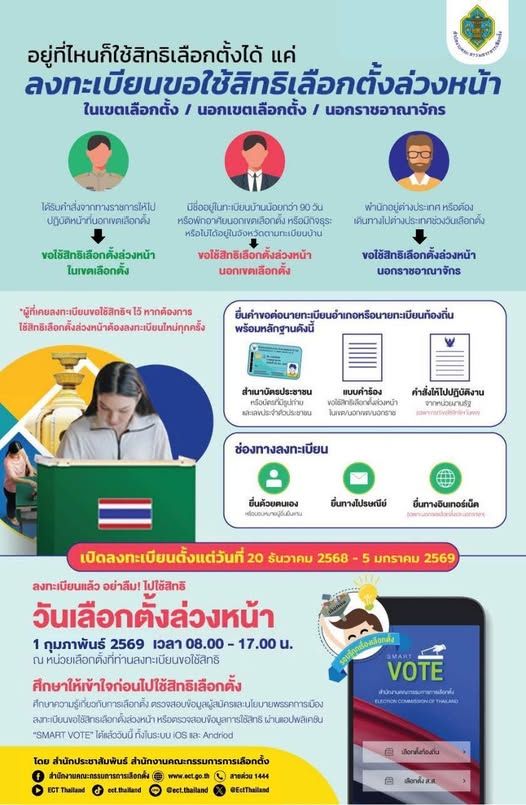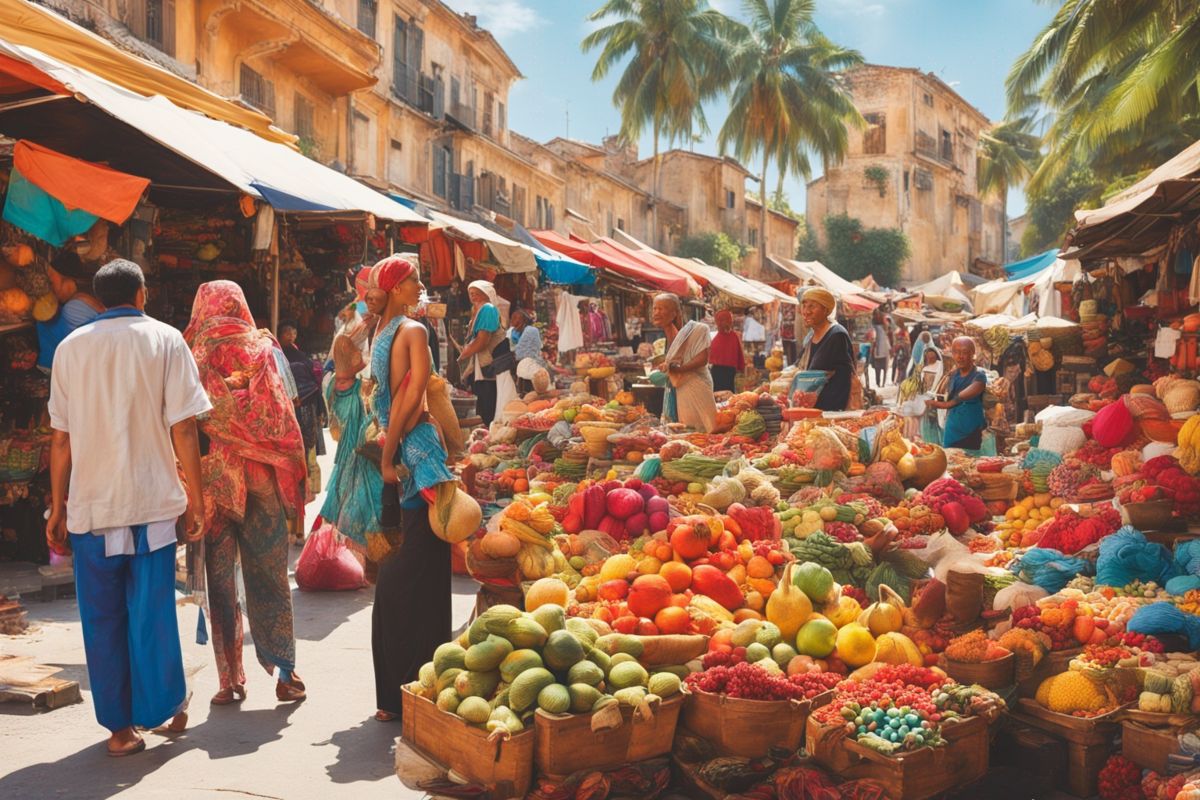🚫🍺 Get ready to explore Northern Thailand’s stunning national parks this cool season, as stricter measures are being implemented to ban alcohol consumption and maintain tranquility. Let’s preserve the pristine beauty of parks like Doi Suthep-Pui and Doi Inthanon and enjoy nature’s wonders! 🌿🌄 #AlcoholBan #NorthernThailand #NationalParks #PreservingBeauty #NatureLovers #ExploreThailand
Surge in Visitor Numbers Anticipated
Northern Thailand’s national parks are bracing for the influx of tourists seeking the serene beauty of the cool season. These verdant havens, known for their tranquility and natural splendor, are enacting stricter measures to enforce an alcohol consumption ban. With visitor numbers on the rise, park authorities are doubling down on efforts to ensure a peaceful experience for all.
Enforcement Tightens as the Cool Season Attracts Crowds
Implemented in 2021, the alcohol ban across national parks was designed to safeguard the enjoyment of nature enthusiasts and families. Songkran Pakchokdee, the director of the StopDrink Network, emphasizes the importance of the ban during the peak season. The objective is twofold: preserving the rights of visitors who seek a natural retreat and protecting the parks’ ecosystems from the detritus often left by inebriated visitors.
Fines for non-compliance are substantial. Those caught violating the ban risk a fine of up to 1,000 baht or a potential one-month imprisonment.
Parks Stepping Up
Seven prominent parks in the Northern region, including Doi Suthep-Pui and Doi Inthanon, among others, are at the forefront of this initiative. These parks are popular for their breathtaking landscapes and are now equally committed to maintaining decorum and environmental integrity.
Proactive Measures in Place
Doi Suthep-Pui National Park has introduced a variety of preventive strategies. Surachet Phinitngam, the assistant chief of the park, reports the installation of warning signs and consistent reminders via social media about the ban. An environmental campaign also motivates visitors to remove all rubbish from camping sites, reinforcing the park’s commitment to cleanliness.
Op Khan National Park, with its singular entry point, has traditionally relied on entrance checks to intercept any alcoholic beverages. Wanlop Mangtha, a park officer, acknowledges that with the expected seasonal boom, these checks may not suffice. The park is adapting by initiating random patrols across camping sites to enforce the regulations effectively.
Ensuring Compliance and Environmental Protection
The enforcement of the alcohol ban revives the focus on national parks as sanctuaries for both wildlife and people seeking respite from the bustle of everyday life. These measures reflect a commitment to preserving the serenity and pristine condition of Thailand’s natural treasures during the high season and beyond.
Frequently Asked Questions
What specific measures are Northern Thailand’s national parks taking to enforce the alcohol ban?
To enforce the alcohol ban diligently, Northern Thailand’s national parks have adopted several proactive measures. For example, Doi Suthep-Pui National Park has placed warning signs and consistently disseminates reminders through social media about the ban. They’ve also launched an environmental campaign to encourage visitors to clean up after themselves. Op Khan National Park, with its single entry point, conducts entrance checks to intercept alcoholic beverages and has started random patrols to ensure compliance among the visitors.
What are the consequences for violating the alcohol ban in these national parks?
The consequences for visitors caught violating the alcohol ban in Northern Thailand’s national parks can be quite severe. One may face a fine of up to 1,000 baht or even face the possibility of one-month imprisonment. These stringent penalties underscore the importance placed on preserving the tranquility and environmental integrity of these natural havens.
How do the new regulations during the cool season aim to enhance the visitor experience in Northern Thailand’s national parks?
The new regulations, including the enhanced alcohol ban, are designed with a twofold objective: to ensure the rights of visitors who seek a peaceful natural retreat are respected, and to protect the park’s ecosystems from pollution. By eliminating disturbances and potential litter associated with alcohol consumption, the parks aim to maintain their decorum, safeguard their biodiversity, and provide a serene and undisturbed experience for nature enthusiasts during the cool season and beyond.




